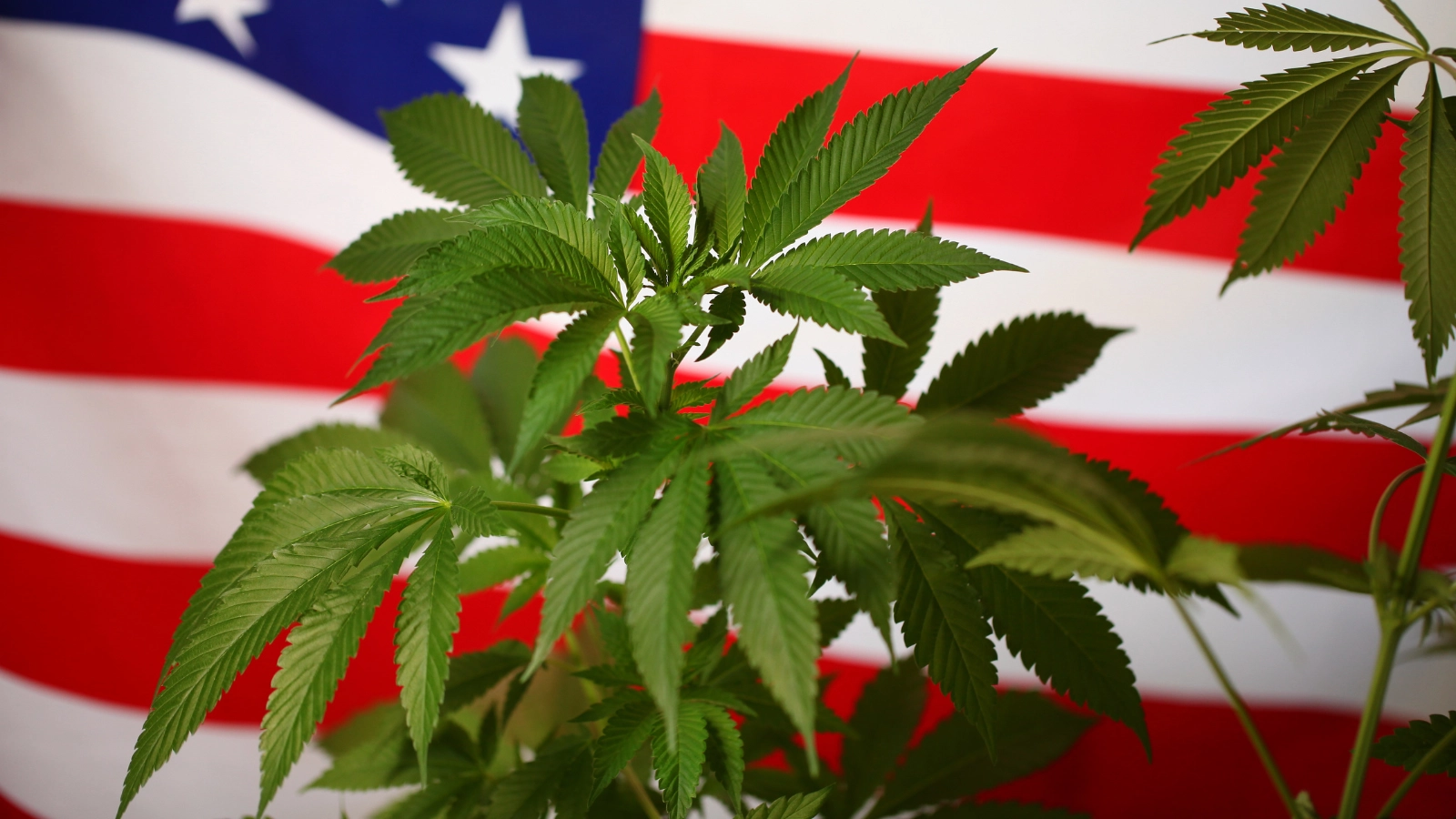Here is the most recent information on cannabis legalization in the US, including new legislation and discussions on federal reclassification in 2025.#Cannabis #Wellness #Lifestyle #News
Minnesota’s St. PaulAlthough the cannabis industry in the US is still developing, 2024 saw a range of advancements. Despite the widespread support for legalization among Americans, the reality is more nuanced, as evidenced by recent election outcomes and federal legislation. Here is a thorough analysis of the current state of cannabis and its future developments in 2025.
A Shifting Momentum in 2024 Elections
Cannabis-related legislation encountered obstacles in a number of states during the 2024 election cycle. Proposals to legalize cannabis for recreational use were turned down by voters in North Dakota, South Dakota, and Florida. Although most people in Florida were in favor of legalizing, the bill did not receive the 60% of votes required to pass.
The outcome of the election in Nebraska revealed a different picture. The creation of a state regulatory body and the legalization of medical cannabis were both passed by a resounding majority of voters. However, the strategies utilized to gather signatures in order to get both initiatives on the ballot are being challenged in court.
Federal Policy: Reclassification on the Horizon?
Cannabis is still categorized as a Schedule I narcotic at the federal level, which means it has no medical use and a high potential for abuse. It is in the same category as drugs like heroin and ecstasy. But things might be about to change.
President Joe Biden announced plans in May to reschedule cannabis as a Schedule III narcotic, recognizing its acknowledged medical use and lowering its dependence dangers. An administrative hearing about this request has been set for December 2, 2024 by the Drug Enforcement Agency (DEA).
Reclassification might have important ramifications if it were put into effect. Although it wouldn’t legalize cannabis on a federal level, it would facilitate scientific study and provide additional tax incentives and deductions for cannabis-related firms. Local cannabis legal statuses would not alter in spite of these modifications.
Public Sentiment Driving Policy Discussions
A significant movement in public opinion has occurred in support of legalizing cannabis. 88% of Americans favor legalization for either medical or recreational use, per a March 2024 PEW Research research. Although success is still uneven, state-level efforts have been bolstered by this broad backing.
President-Elect Donald Trump also hinted during his reelection campaign that he might back federal legalization, reflecting the broader trend of political alignment with public sentiment.
Cannabis Legalization: State-by-State Breakdown
As of November 2024, 24 states have legalized cannabis for recreational use. Cannabis products are available for purchase by adults 21 years of age and over, and they are subject to the same laws and taxes as alcohol. States have different specific regulations. The states listed below permit cannabis use for both medical and recreational purposes:
Recreational cannabis is also legal in Guam and the Northern Mariana Islands. In the District of Columbia, possession and cultivation are allowed, but commercial sales remain limited to medical dispensaries.
With differing limits, medical cannabis use is legal in 15 states. These include:
(*States marked with an asterisk have decriminalized possession of small amounts of cannabis.)
Nebraska s recent legalization measures for medical cannabis remain under legal scrutiny.
Eleven states have not adopted medical or recreational cannabis laws, though most permit limited use of low-THC CBD products for medical purposes. These states include:
The Rise of Hemp-Derived Cannabis Products
Beyond traditional cannabis, products derived from hemp have become a legal alternative in many areas. Innovations in extraction methods have enabled the production of synthetic cannabinoids like delta-8 THC and THCa, which are technically legal under the 2018 Farm Bill. However, the lack of regulatory oversight has raised concerns about their safety and consistency.
What s Next for Cannabis in the U.S.?
While public support for cannabis legalization remains strong, federal and state policies continue to advance at different paces. The potential reclassification of cannabis as a Schedule III drug could pave the way for further reform, but significant hurdles remain. For now, cannabis legalization remains a patchwork of state laws, reflecting the complexities of navigating this rapidly changing landscape.
RELATED TOPICS:Cannabis|Wellness
We appreciate your input!Was this article thought-provoking, inspirational, or educational to you? Join the conversation by leaving a comment below. We value your feedback and eagerly await your response!
Note: Every piece of content is rigorously reviewed by our team of experienced writers and editors to ensure its accuracy. Our writers use credible sources and adhere to strict fact-checking protocols to verify all claims and data before publication. If an error is identified, we promptly correct it and strive for transparency in all updates, feel free to reach out to us via email. We appreciate your trust and support!




